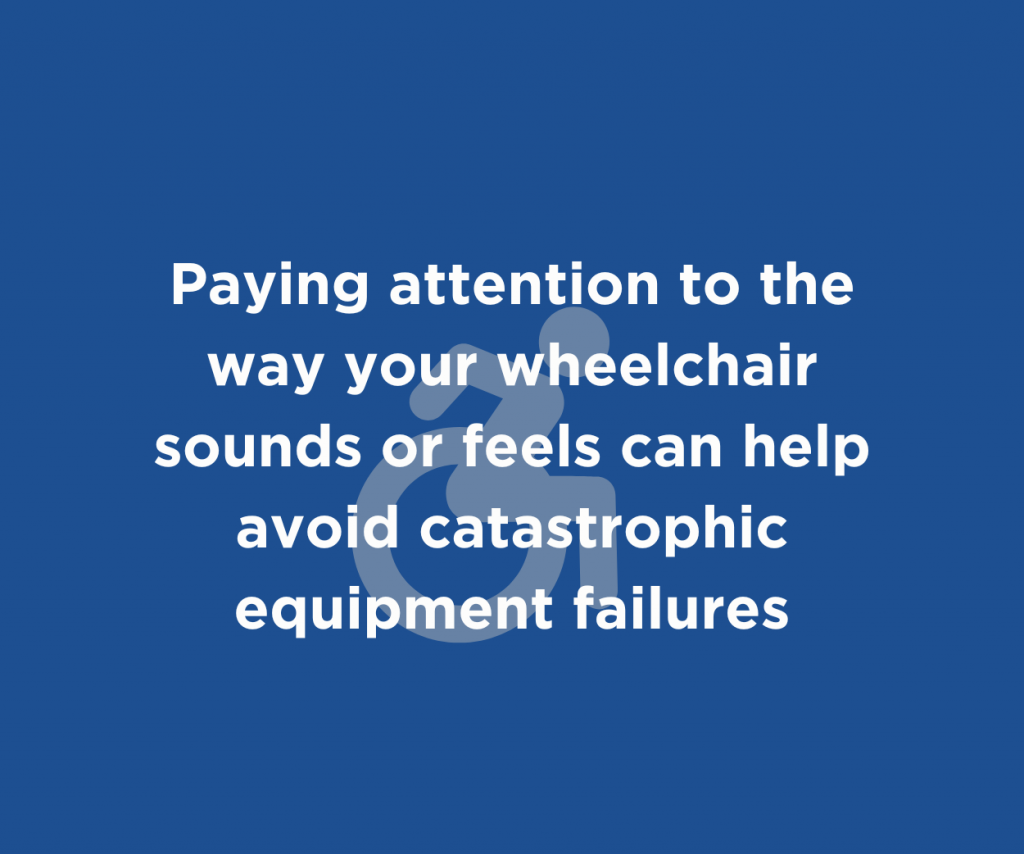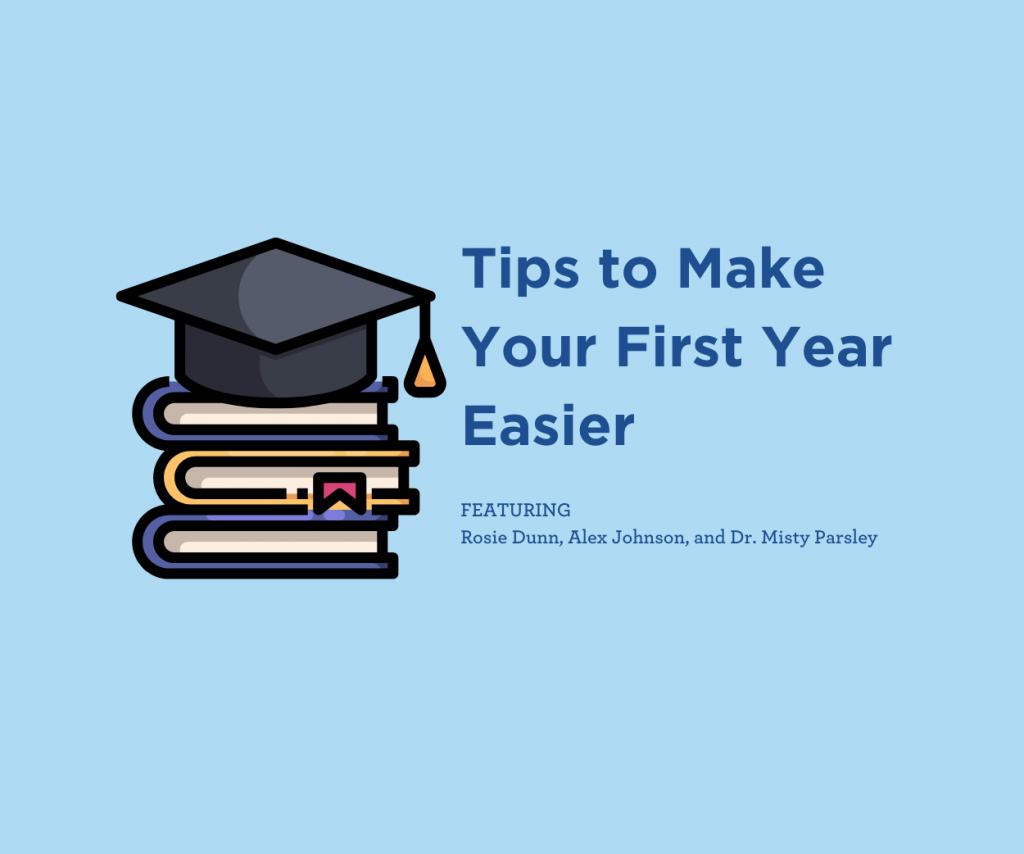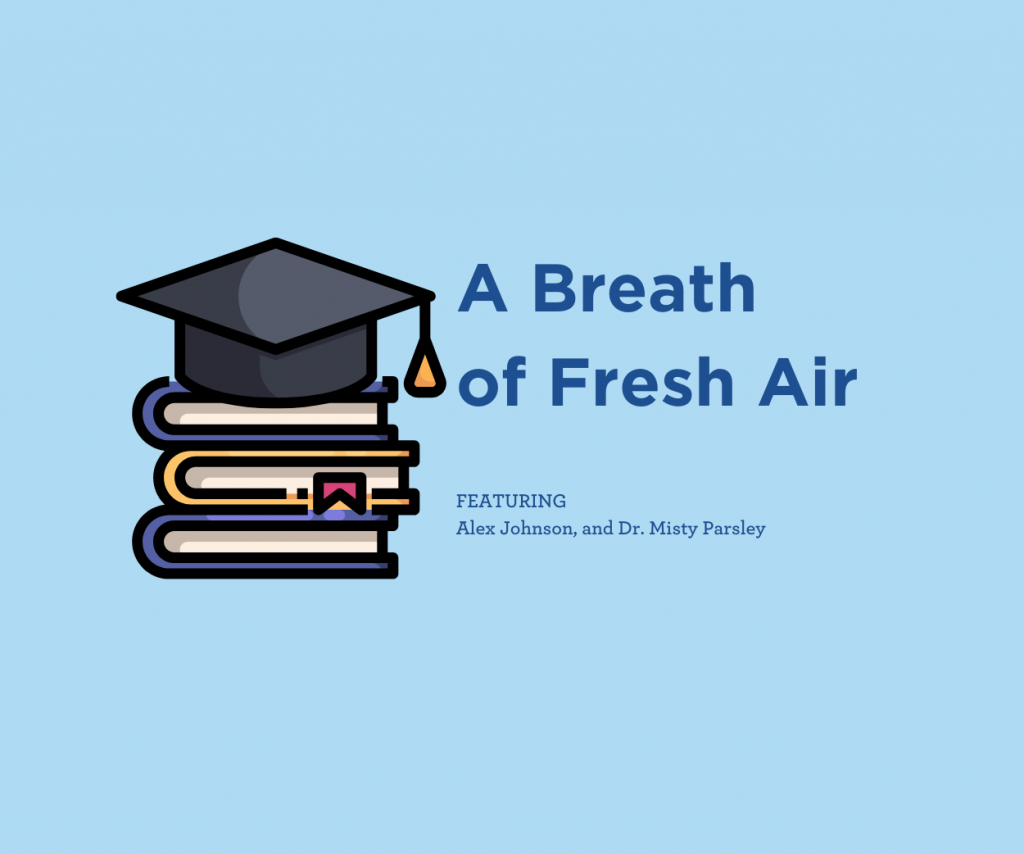Navigating Your College Decision
Tips to help CRT users make informed decisions about where they go to college
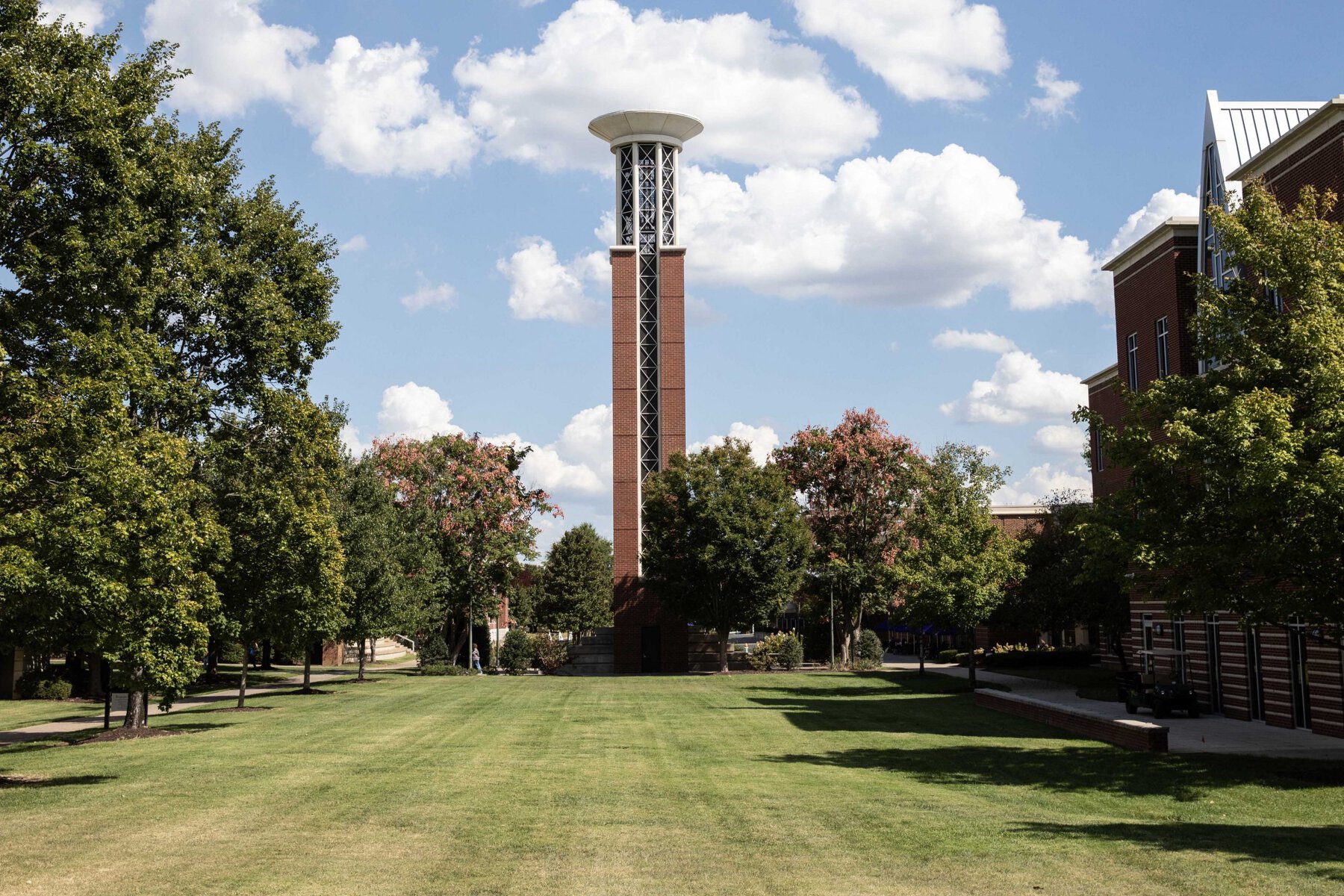
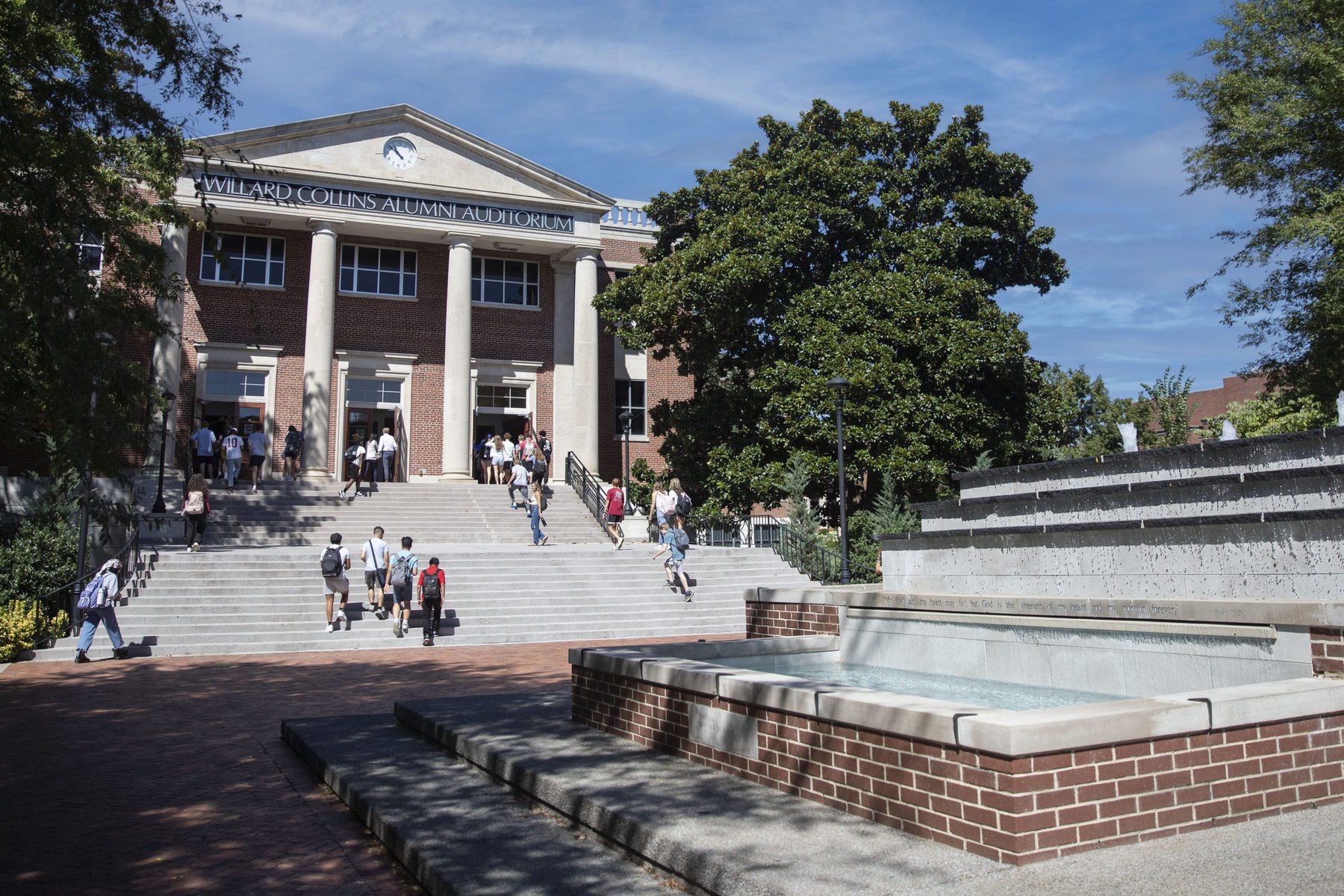
There’s a lot to consider when making your college decision, especially for college students who use Complex Rehabilitation Technology (CRT) for mobility.
Recently, we chatted with Rosie Dunn, a 2022 graduate of the University of Notre Dame and current graduate student at Belmont University in Nashville, and Alex Johnson, a freshman at Lipscomb University, a faith-based, liberal arts college in Nashville, about their experiences, advice and insight for new and soon-to-be college students. Dr. Misty Parsley from Lipscomb University also offered insights as a university administrator.
Meet the Experts
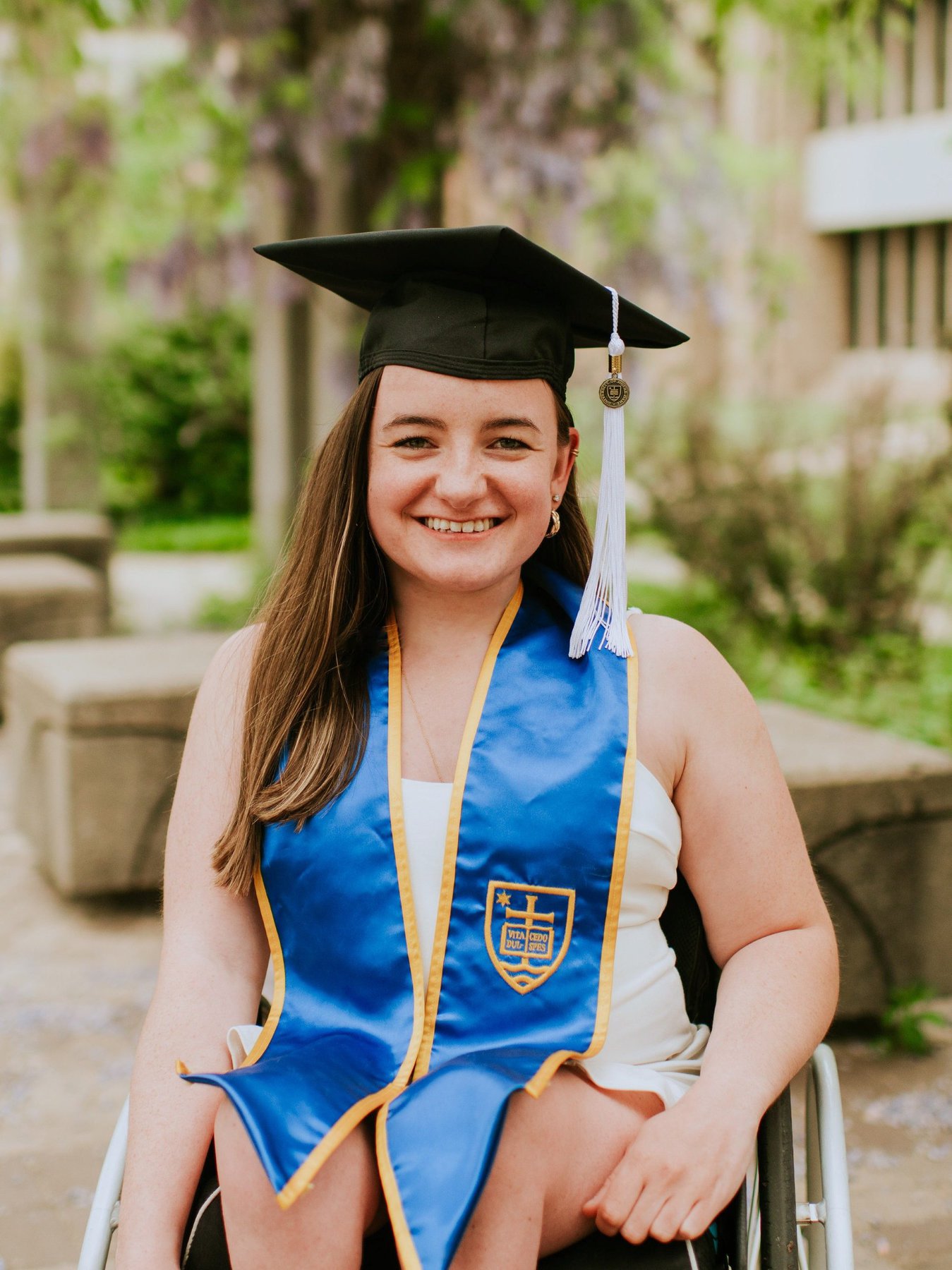
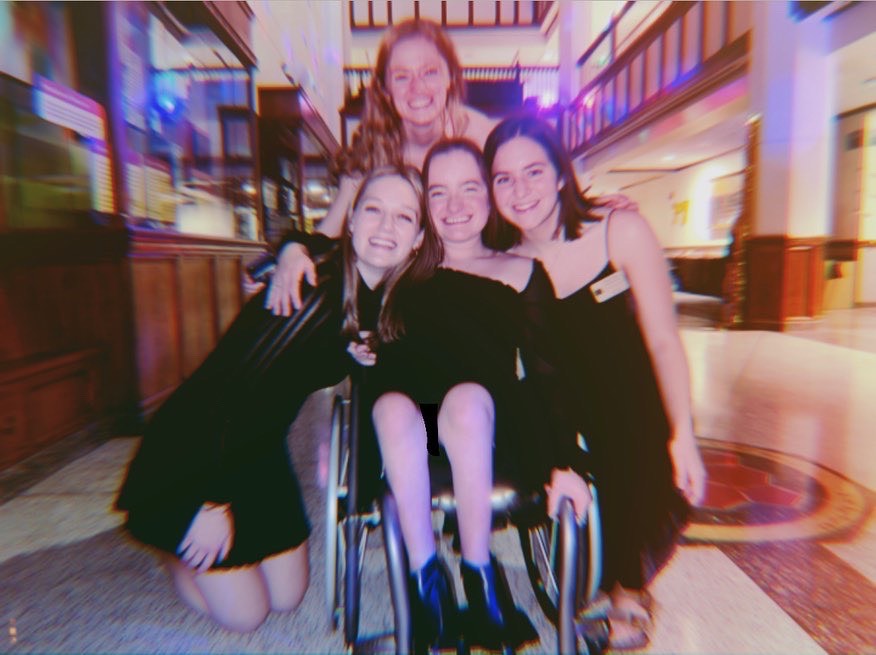
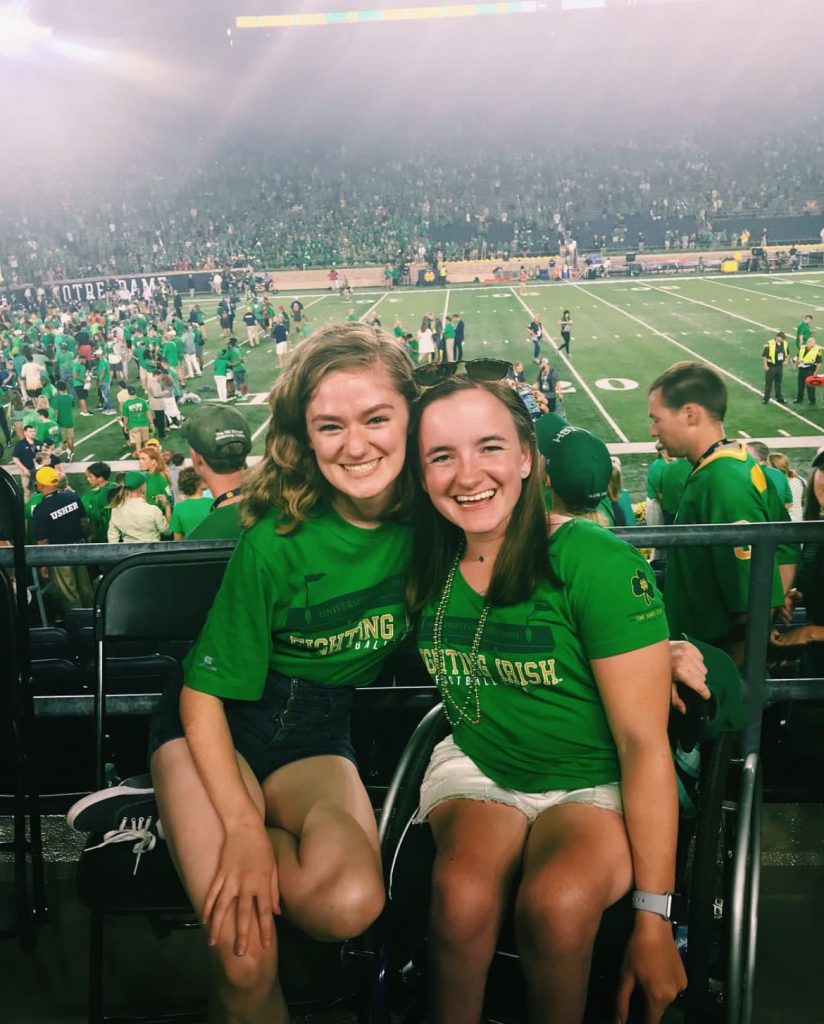
Rosie Dunn is a 2022 graduate of the University of Notre Dame, who recently completed a graduate program in disability studies at University College Dublin. Rosie is currently pursuing a doctorate in occupational therapy at Nashville’s Belmont University. She is a full-time manual wheelchair user after suffering a spinal cord injury at a young age.
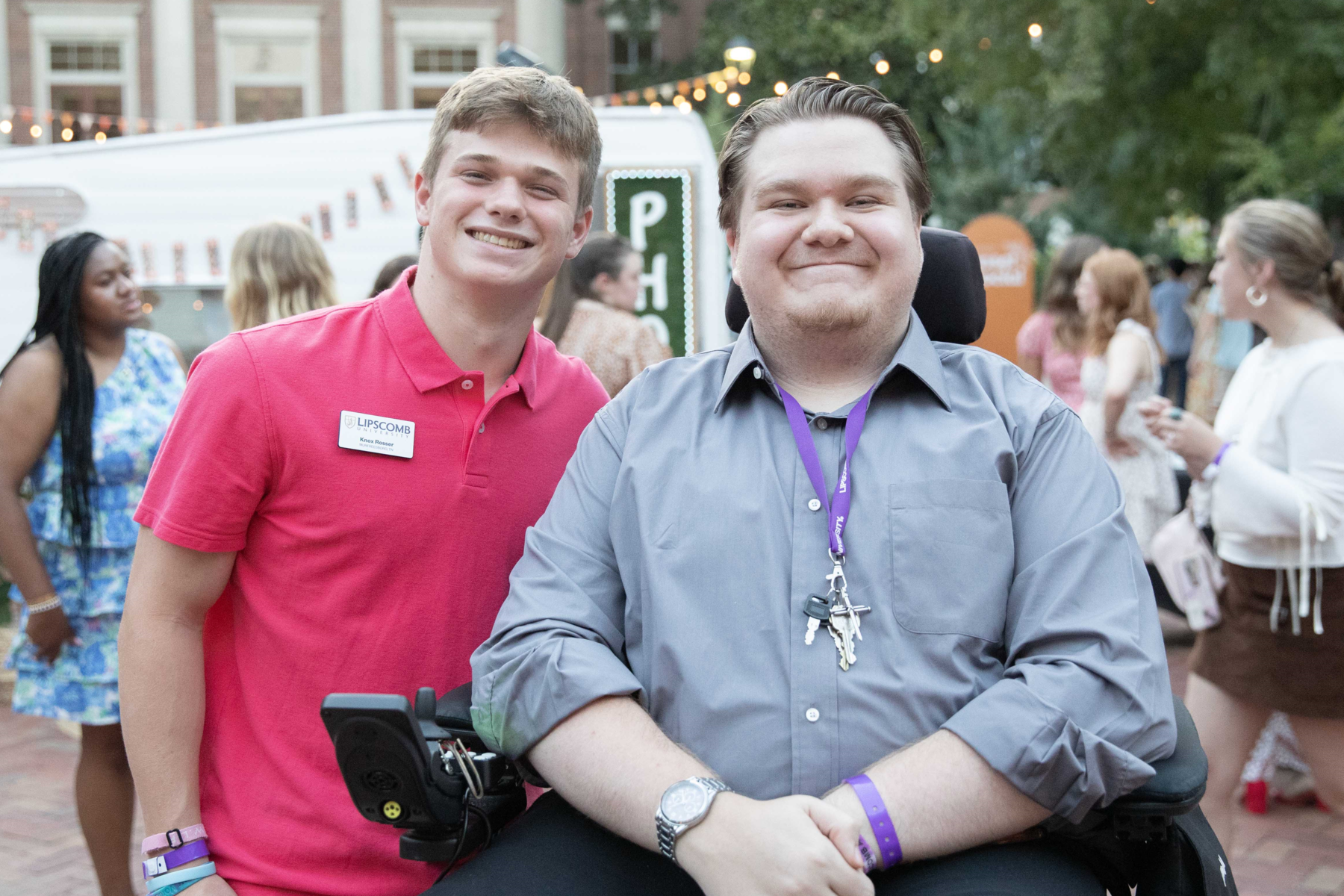
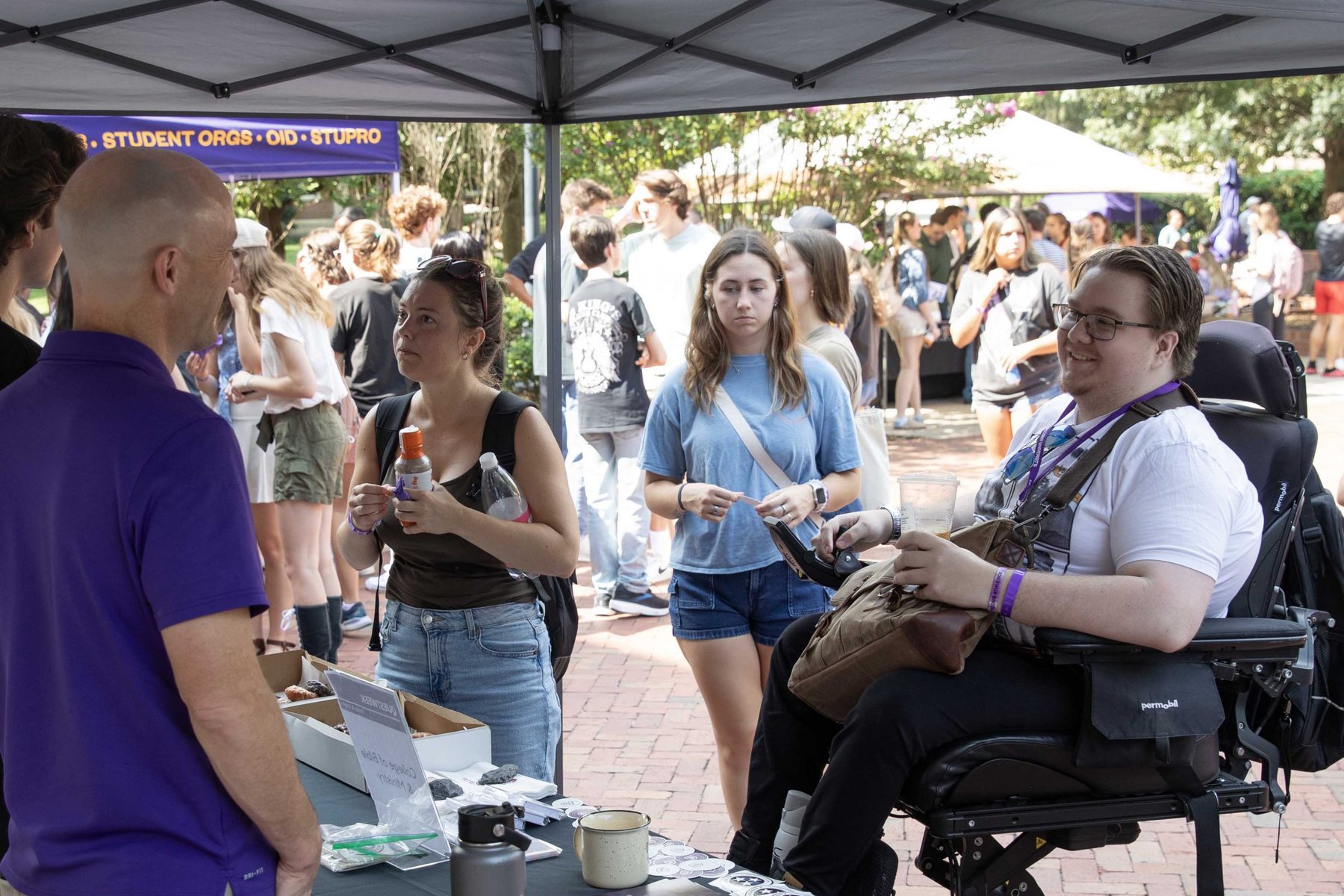
Alex Johnson just began his freshman year at Lipscomb University in Nashville, where he is a pastoral leadership major. Alex grew up in Tennessee and advocates for accessibility and disability awareness through an awareness program he and his dad, Nathan, developed called “Spend a Day in My Wheels.”
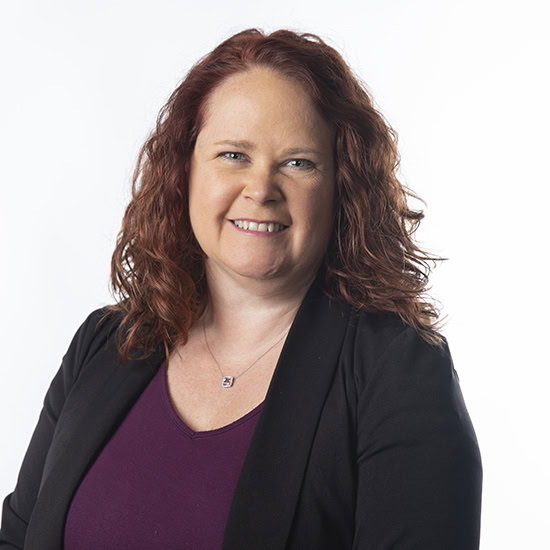
Dr. Misty Parsley is the executive director of the Office of Accessibility and Learning Support at Lipscomb University in Nashville. In this role, Dr. Parsley works to ensure accessibility and inclusion to students and campus visitors with any type of disability.
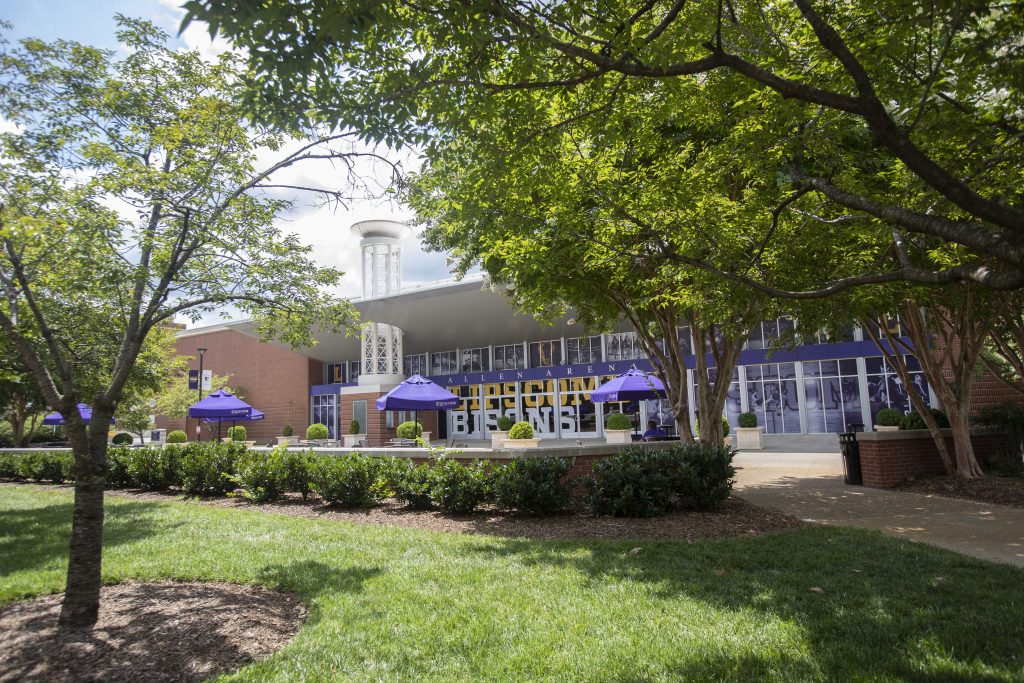
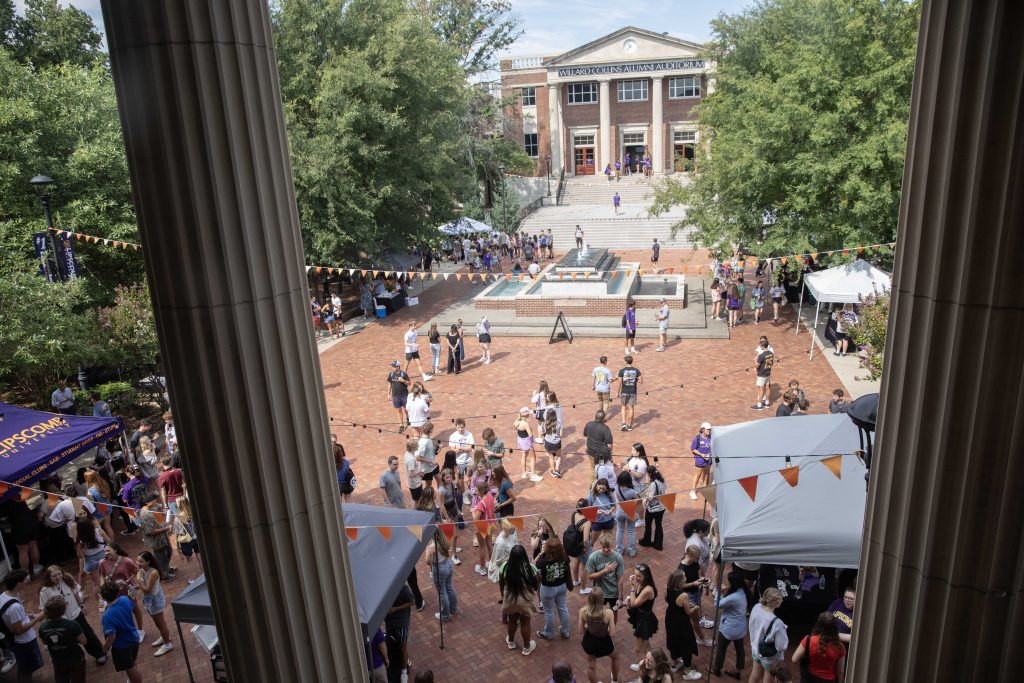
Advice to Help Navigate Your College Decision
If you’re visiting college this fall in preparation to make your college decision, Rosie and Alex had a few suggestions to guide you through the process.
- Visit your top choices.
“I recommend that you visit any school you’re applying to or seriously considering in person,” Rosie says. While virtual visits can be helpful, visiting the campus in person gives you a feel for the campus terrain, environment and atmosphere. “I toured schools I really liked on paper, but visiting helped me to see if I could physically navigate campus on a regular basis,” Rosie says. “It’s really valuable to see the campus with your own eyes and interact with people and see if it’s an environment you want to be in.”
Virtual visits, photos and videos are helpful, but there’s nothing like rolling around campus on your own wheels. A visit can help you gauge the terrain and decide if it’s something you can physically navigate day-in and day-out, Alex advises. “Make sure you visit and that you’re comfortable managing campus,” he says.
It’s also important to think about things like weather. Rosie knew that Notre Dame would have colder weather and more snow than her hometown, Nashville. “It snows a lot at Notre Dame, and it’s very cold,” she says. “I had to think about if I was physically able to handle those temperatures and ask questions about how quickly they are about clearing the sidewalks when it snows.”
- Meet with disability services.
All colleges and universities that receive federal funding must have a disability services office and provide accommodations for students with disabilities. Both Rosie and Alex advise reaching out to the disability services offices at your top schools while you’re still in the process of making your decision.
“Make sure you meet with the Office of Accessibility or whatever your school calls the disability services office and introduce yourself personally,” Alex says. “They can help you get integrated with campus and help you with any accommodations you may need. It’s not a shameful thing to have to need a little help.”
Prospective students should ask questions about things that might seem obvious—parking, accessible entrances, or the process for taking out your trash or getting your mail—so that you know what solutions are in place for students with disabilities before you make your decision or move to campus.
Those are conversations Dr. Misty Parsley says most disability services offices welcome, especially at Lipscomb.
“One of our core values at Lipscomb is belonging, so we want to make sure anyone who comes to Lipscomb feels like they belong here,” she says. “Students with disabilities and their families can help to educate us [about accessibility]. So it’s really important to find a campus that’s willing to listen and develop a relationship with you as a student.
“So, as you’re looking at colleges, get to know the staff in the disability services office,” she continues. “Even if you don’t think you need accommodations, at some point in your college career, you may need help from our office, and we want to make sure that relationship is already developed.”
- Talk to students who use mobility equipment.
Talking with students who navigate campus in a wheelchair or use other mobility equipment can be a great way to get a glimpse of what it’s like to live there, Rosie says. “I talked with a girl who was a year ahead of me and was able to get her perspective of what it’s like to really be a student there,” Rosie says. If you already know a CRT user who is a student at one of your top schools, Rosie suggests reaching out. Otherwise, ask the disability services office about students who might be willing to share about their college experience.
If you’re in the process of making college visits this fall, take a few minutes to research local wheelchair providers close to your top schools. Once you’ve made your decision, schedule a visit to meet the local team before the school year begins. Use our branch locator to find a local NSM branch.
Related Articles
5 Signs Your Complex Rehabilitation Technology (CRT) Equipment Might Need a Tune Up
Paying attention to the way your wheelchair sounds or feels can help avoid catastrophic equipment failures Your mobility equipment is the way you move through…
Tips to Make Your First Year Easier
Advice from students and college administrators to help make the transition to college a little easier for CRT users At most colleges and universities, the…
A Breath of Fresh Air
Navigating the Transition from High School to College for Wheelchair Users and Their Parents Just a few weeks into his freshman year of college, Alex…
